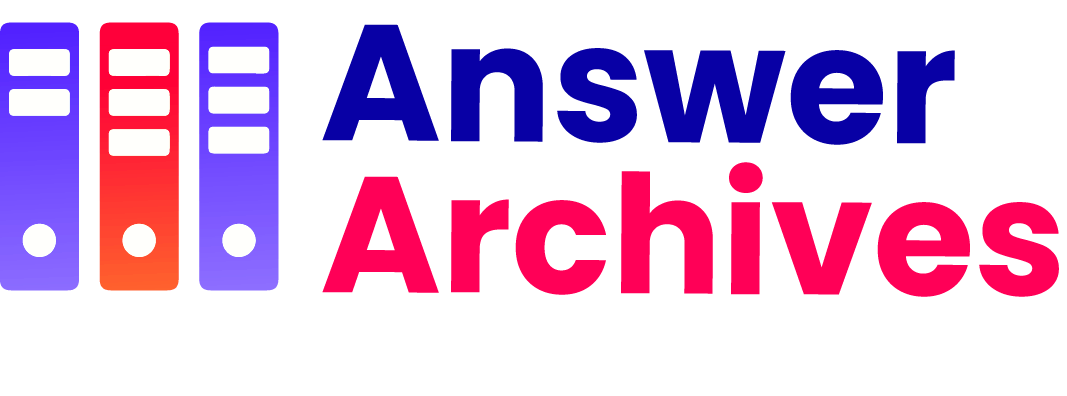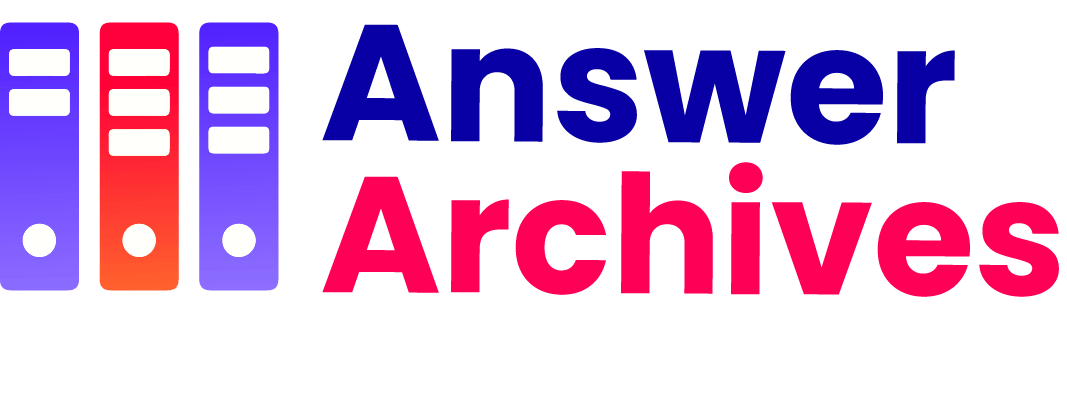Table of Contents
A medical billing degree can open doors to various career opportunities beyond traditional roles. This article explores diverse pathways where your skills can be effectively utilized, leading to fulfilling and well-rounded careers.
1. Medical Coding Specialist
One of the most direct career paths for someone with a medical billing degree is becoming a Medical Coding Specialist. This role involves transforming healthcare diagnoses, procedures, medical services, and equipment into universal medical alphanumeric codes. The information is derived from medical record documentation, including doctor’s notes, lab results, and radiologic results.
2. Health Information Technician
Another promising career path is that of a Health Information Technician. In this role, professionals manage and organize medical data, ensuring its quality, accuracy, accessibility, and security in both paper and electronic systems. They also use various classification systems to code and categorize patient information for insurance reimbursement, databases, and registries. Health Information Technicians work closely with healthcare providers to verify the accuracy of patient data and ensure compliance with regulatory requirements. This job requires a good understanding of medical terminology, data management, and healthcare systems, making it essential for the smooth operation of medical facilities. Given the rapid advancements in healthcare technology, the role is continuously evolving, offering continuous learning and specialization opportunities. Furthermore, this field provides career growth into more specialized roles such as cancer registrars or clinical data analysts, making it a versatile and rewarding career choice for those with a background in medical billing.
3. Medical Office Manager
Taking on a managerial role in a medical office is another excellent option. Medical Office Managers are responsible for overseeing the non-clinical aspects of healthcare practices. They ensure that the office operates smoothly and efficiently by managing administrative tasks, scheduling, billing, and compliance with healthcare regulations. They play a critical role in ensuring that patients have a positive experience and that the healthcare providers can focus on delivering quality care. A medical billing degree provides the foundational knowledge necessary to understand the administrative and financial aspects of healthcare, making you well-suited for this leadership role. This position demands strong organizational, communication, and problem-solving skills. Medical Office Managers often liaise between healthcare providers, insurance companies, and patients, ensuring that all processes run seamlessly. With healthcare facilities constantly expanding, the demand for skilled managers is on the rise, offering stable and potentially lucrative career prospects.
4. Compliance Officer
In healthcare, maintaining compliance with laws, regulations, and ethical standards is crucial. A career as a Compliance Officer may just be the right fit for someone with a medical billing degree. Compliance Officers ensure that healthcare facilities adhere to legal standards and internal policies. They are involved in designing and implementing regulatory compliance programs, conducting audits, and training staff on compliance procedures. They also investigate and resolve compliance issues, making sure the organization avoids any legal risks. In this role, understanding medical billing intricacies is vital, particularly in ensuring accurate coding and billing practices. Compliance Officers need to stay updated with constant changes in healthcare laws and regulations, requiring continuous professional development. This career path offers a chance to make a significant impact by safeguarding the integrity and legal standing of a healthcare organization. It demands a keen eye for detail, strong ethical judgment, and excellent communication skills, offering a challenging but rewarding career.
5. Insurance Claims Analyst
As an Insurance Claims Analyst, your background in medical billing can be highly advantageous. Working for insurance companies, Claims Analysts review and process insurance claims, ensuring their accuracy and legitimacy. They analyze data, investigate claims, and correspond with healthcare providers to resolve discrepancies. A deep understanding of medical codes, billing processes, and healthcare terminology is essential for this role. Claims Analysts are crucial in preventing insurance fraud and ensuring that claims are processed efficiently and correctly. This role calls for analytical thinking, attention to detail, and excellent communication skills, as Analysts frequently interact with various stakeholders to resolve issues. The growing complexity of healthcare insurance systems and the increase in the number of insured individuals have led to a heightened demand for skilled Claims Analysts. This career path offers a stable and rewarding opportunity for those interested in the intersection of healthcare and finance.
6. Medical Billing Consultant
For those seeking a more entrepreneurial route, becoming a Medical Billing Consultant could be the perfect choice. Consultants work independently or with agencies to provide expert advice on medical billing processes, software systems, and compliance issues. They may carry out audits, develop billing strategies, and train healthcare facility staff. As a consultant, you have the freedom to choose your clients and work on diverse projects, often leading to greater job satisfaction and flexibility. A solid foundation in medical billing is essential to gain credibility and trust in this role. Network building and continuous professional growth are equally important to stay competitive. This career path not only offers financial rewards but also enables you to have a significant impact by helping healthcare providers optimize their billing processes and improve their revenue cycles. The role is dynamic, with each project bringing new challenges and opportunities for professional growth.


